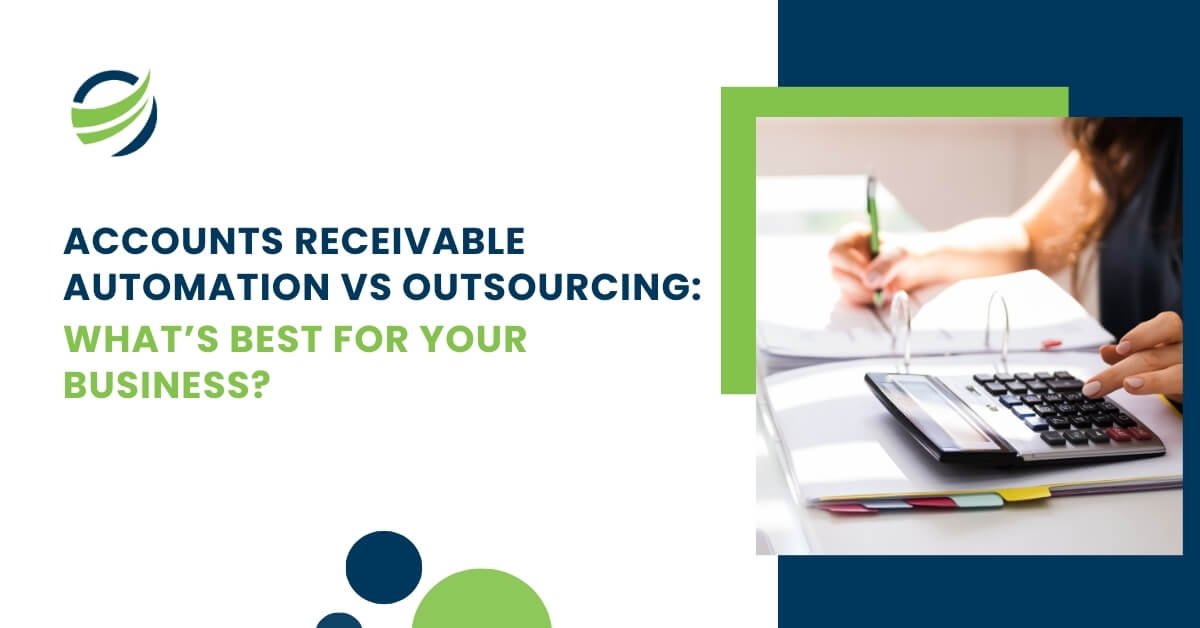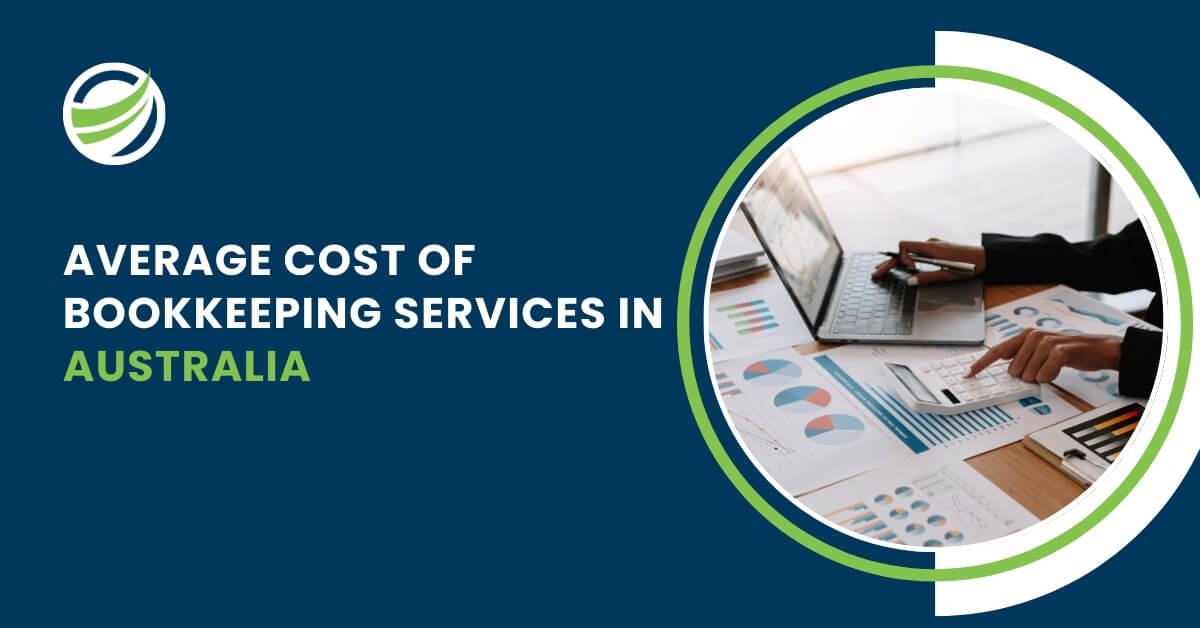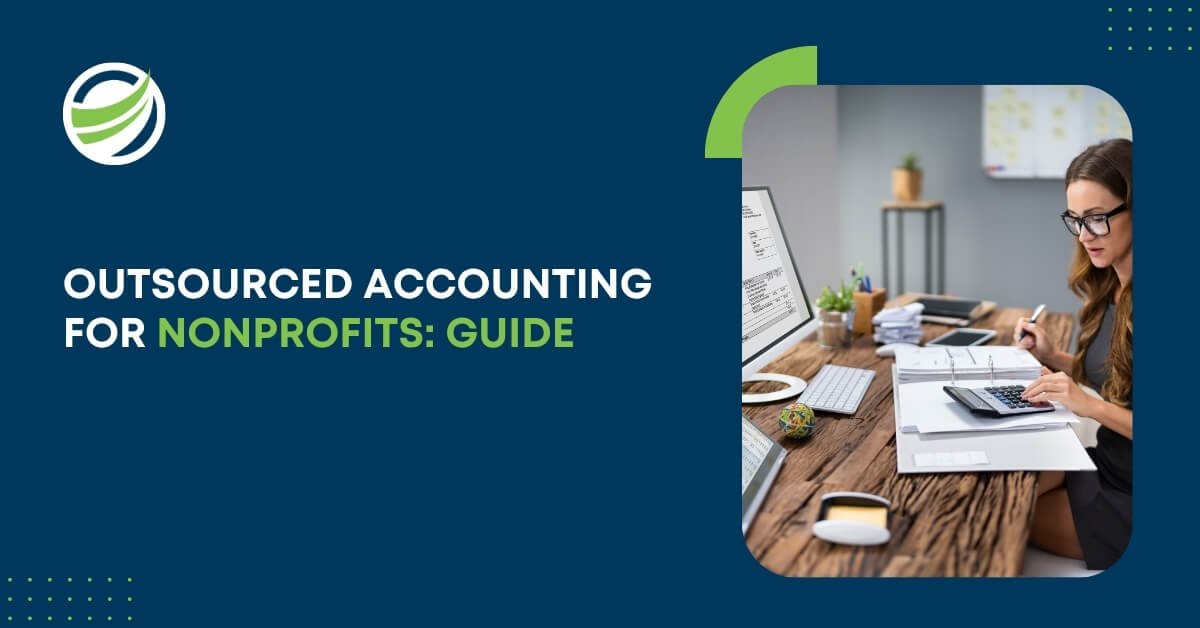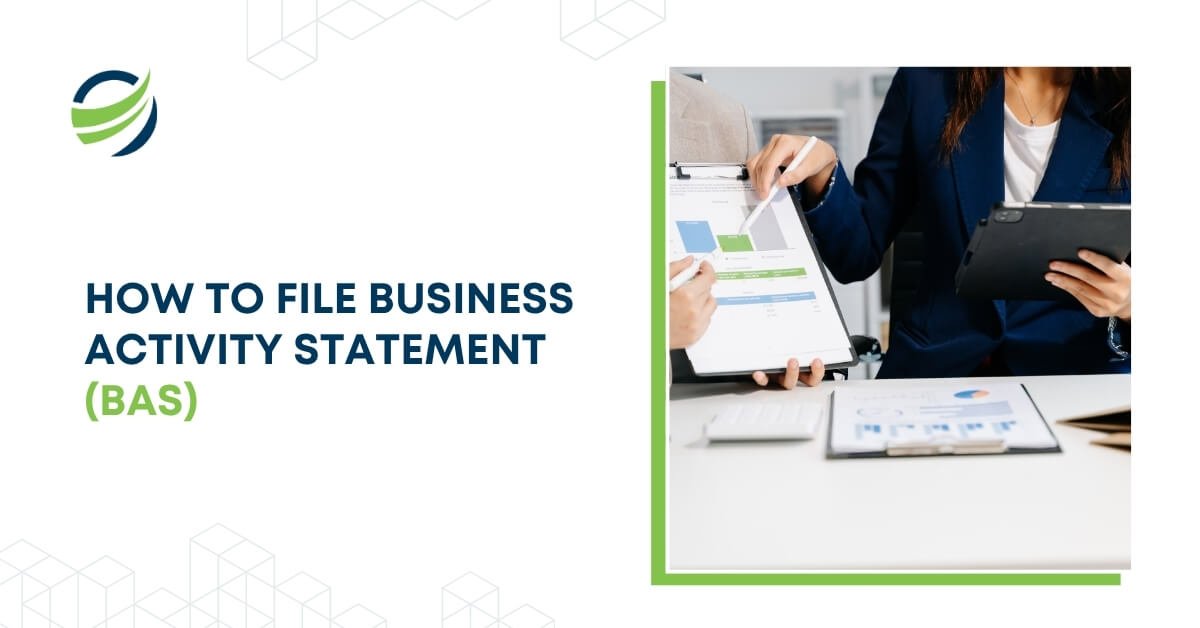
Real Estate Accounting Services Guide – 2025 Best Practices
- Aesha Shah
- August 14, 2025
- 6 minutes
- Blogs
Accounting is crucial for real estate businesses to manage finances effectively. Given the complex transactions involved, accurate real estate accounting services are essential to track profits, control expenses, and evaluate property performance. Reliable real estate bookkeeping and rental property accounting provide timely insights that support smarter decision-making.
In this comprehensive guide, we will delve into the essentials of real estate accounting outsourcing, covering its benefits, critical considerations, and best practices tailored for the industry’s unique demands.
For real estate businesses of all sizes, the importance of professional accounting for real estate agents and companies cannot be overstated. Engaging specialized accountants for real estate ensures your organization gains the financial clarity and compliance needed to maintain stability and scale effectively in an ever-evolving market.
Real Estate Accounting Explained: What You Need to Know
Accounting for real estate involves managing the financial records related to property transactions like buying, selling, and leasing. These real estate accounting services offer a comprehensive view of your company’s cash flow, helping you identify opportunities for growth or areas where cost-saving measures are needed.
It also includes handling tax reporting for property taxes and real estate-related obligations, as well as preparing your business for audits to ensure compliance with applicable laws and regulations.

Benefits of Accounting Services for Real Estate
- Measure Economic Performance: Real estate accounting services provide clear insights into your business’s financial health, helping you confidently position your company in the market.
- Support Data-Driven Growth: Gain valuable information to guide decisions on future property acquisitions, developments, or other strategic initiatives.
- Track Revenue and Expenses: Receive detailed reporting on your rental property accounting and operational expenditures, enhancing your understanding of business dynamics.
- Enhance Financial Oversight: Early insights into financial trends help optimize spending and maintain financial efficiency.
- Maximize Tax Benefits: Effective bookkeeping for real estate agents and companies helps identify opportunities to optimize tax deductions aligned with current legislation.
- Adapt to Economic Conditions: Specialized accounting methods, such as inflation accounting, provide an accurate financial perspective by reflecting current market realities during varying economic cycles.
According to a report by the National Association of Realtors, companies that adopt professional accounting services experience up to a 25% improvement in financial decision-making efficiency.
What Is the Need for Real Estate Accounting?
The real estate industry requires specialized financial expertise. Real estate accounting outsourcing services provide access to professionals who understand market complexities, ensuring accurate and efficient financial management customised to real estate businesses.
By leveraging expert accountants for real estate, companies benefit from:
- Timely Task Completion: Streamlined workflows prevent backlogs and ensure prompt responses to financial requests.
- Specialized Skill Sets: Access to teams with the precise expertise needed to manage complex real estate transactions and reporting.
- Continuous Learning Opportunities: Collaboration among experienced professionals encourages knowledge sharing and skill development.
- Advanced Technology and Processes: Modern accounting tools and systems enhance efficiency and accuracy in bookkeeping for real estate agents and firms.
Outsourcing accounting for real estate not only fills skill gaps but also empowers businesses to operate with greater financial clarity and operational agility.
Accounting vs. Bookkeeping for Real Estate Agents
Different Roles: Bookkeeping primarily involves recording financial transactions, while accounting encompasses broader, more complex financial tasks.
Scope of Accountants: Accountants, including certified public accountants (CPAs), handle detailed financial analysis, reporting, and strategic planning.
Accountant Specializations:
- Managerial Accountants help make informed business decisions using financial insights.
- Cost Accountants focus on managing and controlling expenses.
- Tax Accountants ensure tax compliance and optimize tax strategies.
Benefits for Real Estate Agents: Engaging an accountant enhances financial oversight and supports smarter business growth, regardless of company size.

Key Best Practices for Real Estate Accounting
-
Maintain Accurate and Timely Bookkeeping
Accurate real estate bookkeeping is essential for reliable financial management. Prompt transaction recording keeps your data current, helping real estate agents and businesses generate trustworthy reports and make informed decisions. Expertise in property transactions supports smooth audits and reduces errors.
- Conduct Monthly Financial Reviews
Monthly financial reviews track cash flow, rental income, and expenses, providing clear insights into property performance. This regular monitoring helps real estate businesses make timely, data-driven adjustments to their strategies.
-
Separate Personal and Business Finances
Keeping personal and business finances separate simplifies bookkeeping for real estate agents and ensures transparency. This practice streamlines tax preparation and enhances financial clarity.
-
Utilize Real Estate Accounting Software
Industry-specific accounting software automates tasks like rent tracking and expense categorization, improving accuracy and efficiency in rental property accounting. This allows your team to focus on strategic priorities.
-
Ensure Compliance with Tax Regulations
Partnering with accountants for real estate helps your business stay compliant with property tax laws and reporting requirements. Accurate tax filings reduce risks and maximize benefits.
-
Plan for Seasonal and Market Fluctuations
Real estate markets are influenced by seasonal and economic changes. Effective accounting services include forecasting and budgeting to help businesses maintain stability and allocate resources wisely.
Keep Personal and Business Spending Separate
Separating personal and business expenses begins with opening a dedicated business bank account. This practice offers several key benefits:
- Simplified Financial Management: Maintaining a clear record of business expenses makes financial analysis and decision-making more straightforward, especially for larger real estate businesses. It also streamlines tax preparation.
- Liability Protection: For businesses other than sole proprietorships, a separate account helps protect personal assets by limiting personal liability for business debts and obligations.
- Enhanced Professionalism: A distinct business account with a well-organized transaction history strengthens your credibility with lenders, making future financing opportunities smoother.
Conclusion
Effective real estate accounting services are essential for the sustainable growth and success of any real estate business. By implementing best practices, such as accurate bookkeeping, regular financial reviews, and separating personal from business finances, real estate agents and firms can achieve greater financial clarity and operational efficiency.
Leveraging specialized accountants and industry-specific tools ensures compliance, optimizes tax benefits, and equips businesses to navigate market fluctuations with confidence. Investing in professional outsourcing accounting support today lays a strong foundation for continued growth and strategic decision-making in 2025 and beyond.









